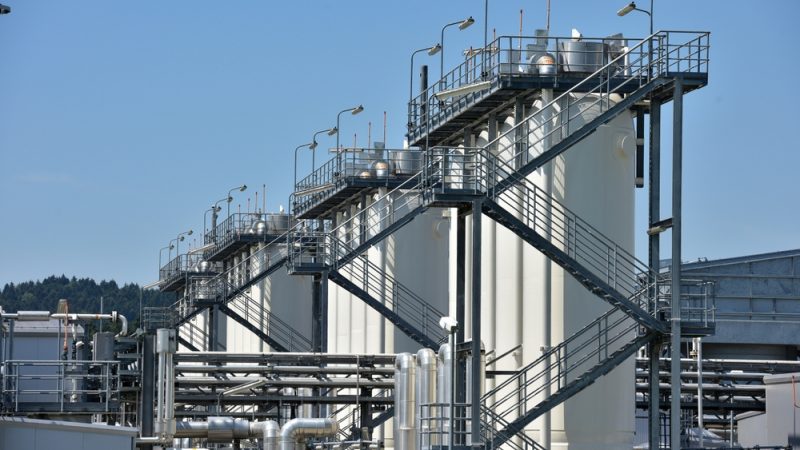Austria is eyeing a move to reduce its dependence on Russian gas, but the path ahead is fraught with challenges. The country’s Energy Minister, Leonore Gewessler, recently unveiled plans to phase out Russian gas and potentially end a long-term contract with Moscow, set to expire in 2040. Gewessler argues that Austria’s reliance on Russian gas is a threat to its prosperity and security, labeling it a “clear market failure” that necessitates government intervention.
Despite the European Union’s goal to phase out Russian fossil fuel imports by 2027, Austria remains heavily reliant on Moscow, with December data showing dependence reaching 98 percent, the highest since Russia’s conflict with Ukraine escalated. This dependency has drawn criticism, especially after Vienna clashed with Brussels over sanctions, highlighting Austria’s close commercial ties with Russia.
Gewessler’s plan requires Austrian gas firms to increase non-Russian gas in their supplies and commission an independent study to evaluate ending the Gazprom-OMV contract. However, terminating the contract could incur a hefty fee, likely exceeding €1 billion, and may face legal challenges from Gazprom.
Politically, the plan faces hurdles, requiring a two-thirds majority in parliament, which is particularly challenging in an election year. The far-right Freedom Party has criticized the proposal, warning of potential energy price hikes, while the Greens see it as a way to counter criticism of inaction.
While Gewessler aims to make significant changes, the political landscape suggests that achieving these goals before the election is a tall order. Austria’s quest to break free from Russian gas appears to be a complex and challenging journey.
(Source: Euractiv | Oil Price | Ukrinform | Politico)









